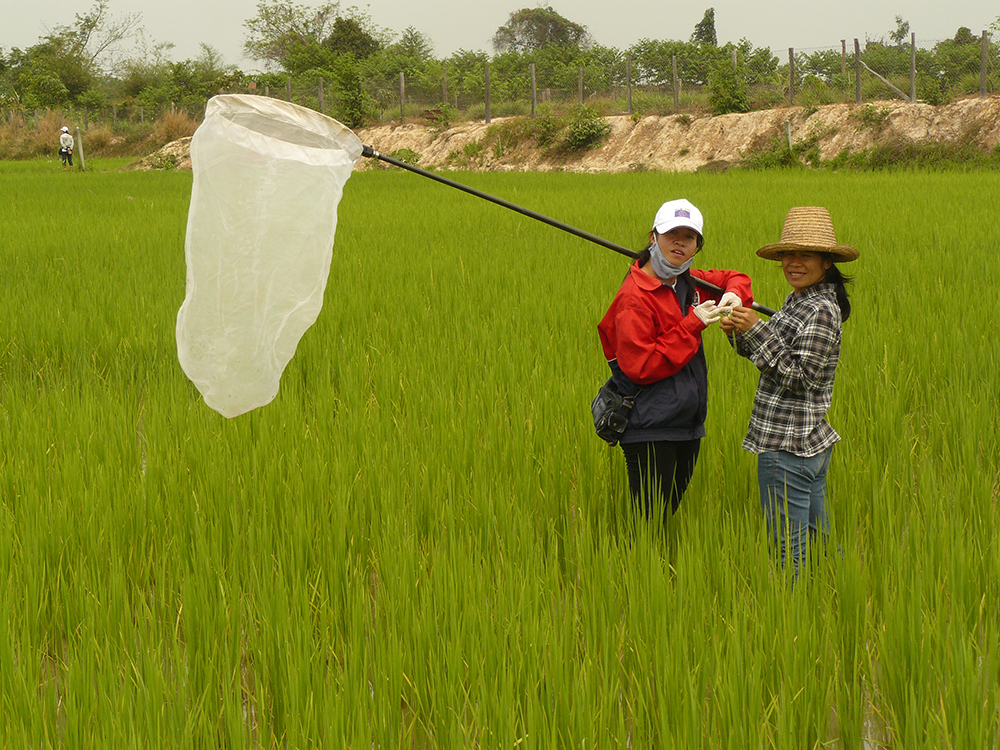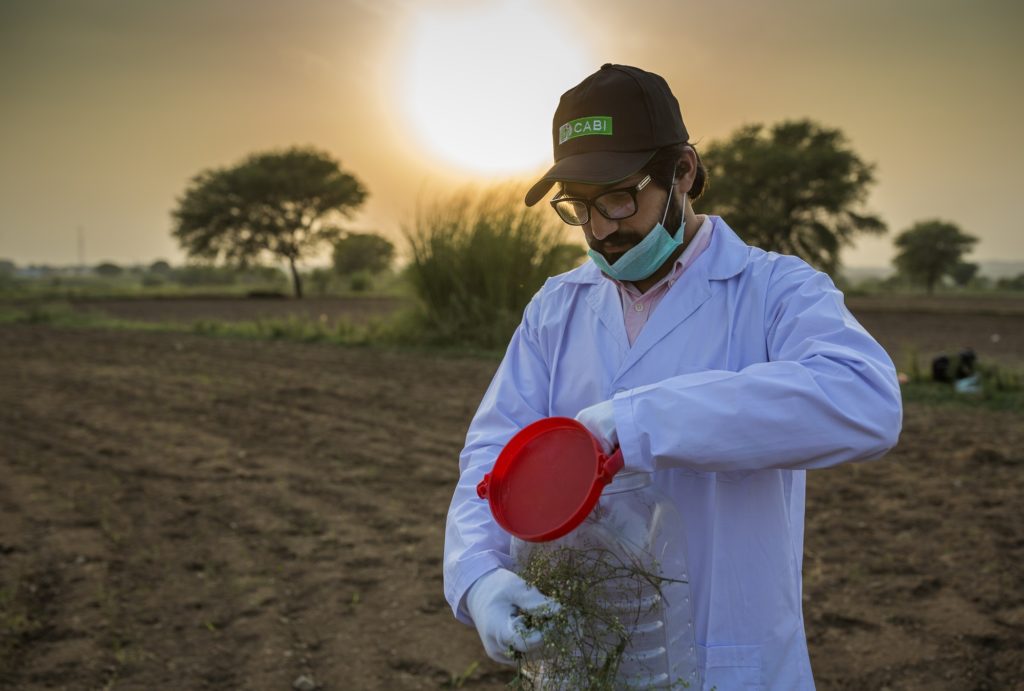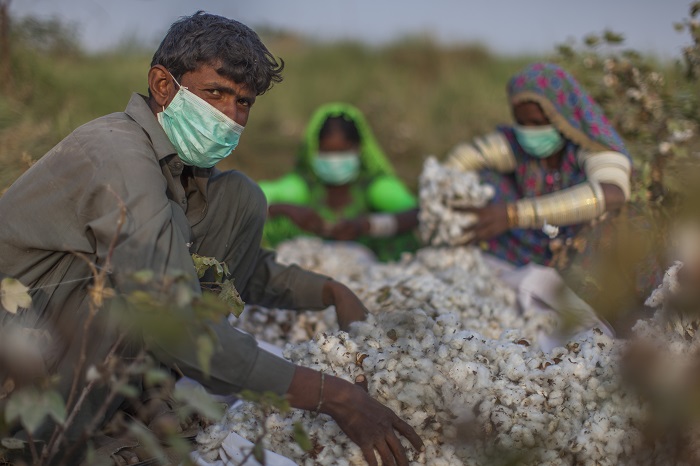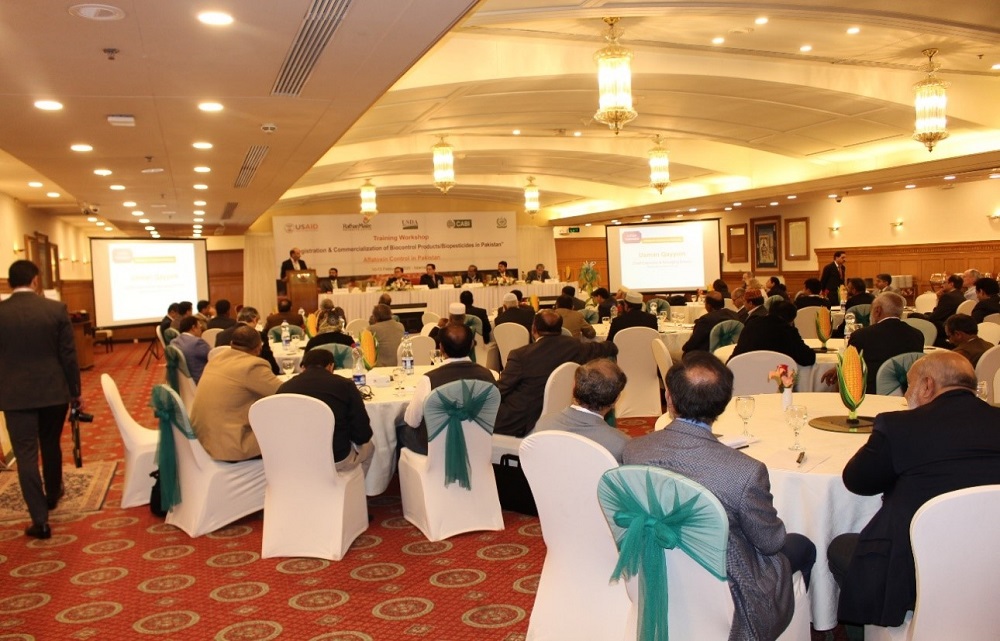Q&A with CABI’s climate change manager
CABI envisions a world in which smallholder farmers can confidently face the challenges of climate, delivering ecosystem services for a climate-resilient future. In support of SDG 13: Climate Action, CABI is focused on supporting the uptake of climate smart agriculture. As such, this year we welcomed a new member of staff, Jonny Casey, as CABI’s first Climate…
Is chocolate under threat?
Otherwise known as ‘the food of the gods’ Theobroma Cacao is cocoa - the key ingredient from which chocolate is produced. The various species of cocoa such as Criollo and Forastero mainly originate from the Amazon jungle and are planted and produced in Colombia, Brazil, Ivory Coast, Cameroon, Indonesia, Ghana, Ecuador and Nigeria
CABI Confronting the Climate Crisis
The impacts of climate change will not just be experienced by our grandchildren in decades to come. For the 800 million of smallholder farmers across Africa, Asia and Latin America, the hazards being driven by climate change are already threatening their lives, incomes, and yields. CABI is working across its centres and with its partners…
CABI Impact Brief showcases successes in capacity building for Better Cotton Initiative
A CABI Study Brief, entitled ‘Improving the safety and quality of cotton production in Pakistan’ shares findings on the impact of a CABI capacity building programme for farmers and farm workers involved in the Better Cotton Initiative (BCI) in two Pakistan districts.
CABI scientist defends PhD thesis on risks of pest and disease movement via plant and seed exchanges
CABI scientist Dr Iva Franić has successfully defended her PhD thesis looking at the risks of pest and disease movement via plant and seed exchanges. Dr Franić, co-supervised by Dr René Eschen, Research Scientist, Ecosystems Management, and Risk Analysis and Invasion Ecology at CABI, obtained her PhD degree from the University of Bern in Switzerland,…











